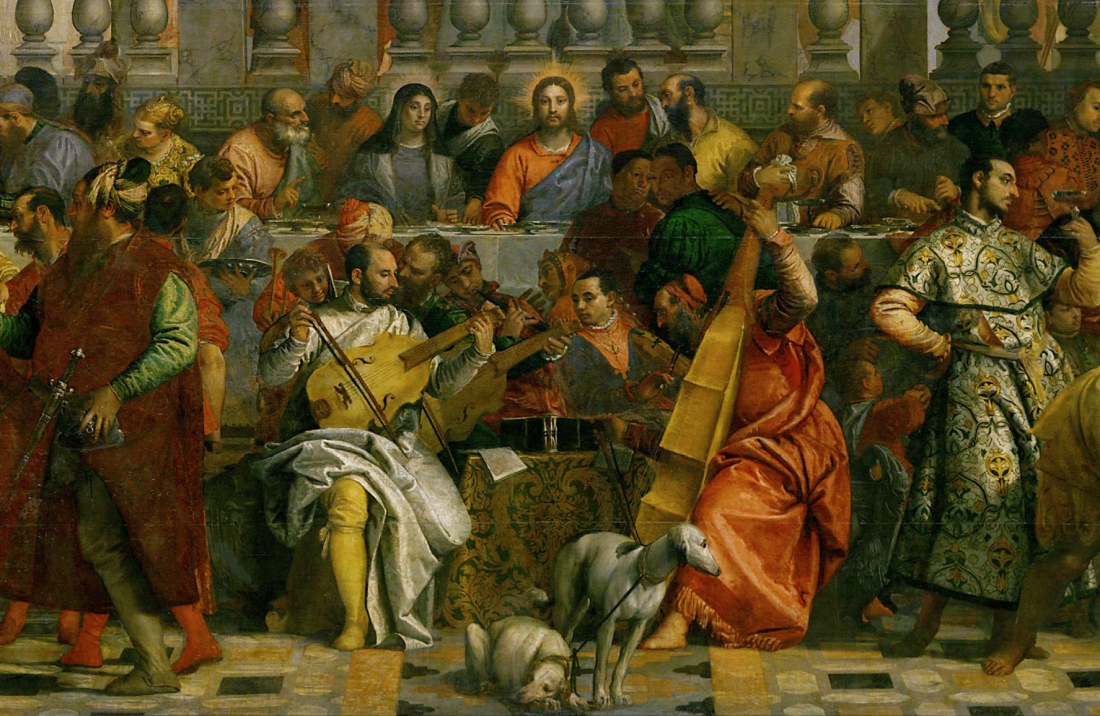“The Son of Man came eating and drinking, and they say ‘look, a glutton and a drunkard, a friend of tax collectors and sinners!’ Yet wisdom is vindicated by her deeds.” (Matt. 11:19) In thinking about the human relationship to technology, we often go wrong in two directions. The first is the error under which … Continue reading Gluttony, Fasting, and Feasting: Three Approaches to Technology
Category: Technology
Living in God’s Time in a Technological Age
In his 2004 JJ Thiessen Lectures, John Swinton addresses the theme of disability and time. Dr. Swinton’s central thesis is that disability is all about time.[1] Essentially, Dr. Swinton uses the experience of ‘disability’ as an apophatic tool to expose the rebellious modern conception of time and it's connected anthropology. Swinton makes a similar move … Continue reading Living in God’s Time in a Technological Age
Advent: Waiting for God
Scripture points us to another tension that we must live within. On the one hand, we long for the coming day of peace. On the other hand, we are called not to worry, not to be anxious, and not to live in the future. What does it mean to live without worrying when our hopes for the future are crushed? When it does not seem like these messianic promises have any hope of being fulfilled? When our hunger and thirst is left without satisfaction?
Rhetoric and Prayer: Thinking about Technology and Language
“Human beings practice technology [rhetoric], not theology [prayer]”.
Reflection on Current Views on Technology
I wrote the following piece for a course I am taking called Ethical Living in a Technological Society. I was asked to reflect on my current views on technology and tried to do so with as much clarity and self criticism as I could. I thought this piece would be a good edition to the … Continue reading Reflection on Current Views on Technology
God or Mammon? Hutterites and Creation Ethics
Creation’s praise and humanity’s praise are inextricably interwoven: the central argument of this essay is that it is the human refusal to praise that ruptures creation's praise and is then deaf to its cries for mercy. On the other hand, right human praise can hear, attend to, and join with the praise of creation.
Christianity, Creation and Climate Change
This piece comes in the wake of the First Reformed movie review and is my attempt to think through some of the themes and questions raised by that film, as well as gather my own thoughts on the issue of Christianity and Creation care.
The Matrix: The Unfreedom of Technology
The Matrix trilogy is a exploration of many profound philosophical questions. What it means to be human, the relationship between faith and reason, what reality is, free will and determinism and many more. In this piece, I'll briefly be exploring some of the themes of the Matrix trilogy. Spoilers ahead, you have been warned. In … Continue reading The Matrix: The Unfreedom of Technology
The Ethos of Efficiency
The following piece is excerpted from a upcoming presentation I am doing on the Zeitgeist. In the presentation, I outline six categories: Technique, Deconstruction and Awareness, Alternatives, Despair, Ideologies and Longing. In this piece, I outline the first feature of the Zeitgeist, Technique.
The Meaning Crisis, The God-man and Communal Living
Walker Pearcy’s novel, The Moviegoer is a story of the modern condition. The main character, Binx Bolings feels “sunk in everydayness,” battles malaise, and searches for God knows what. Binx describes feeling like an “anyone” who is “anywhere.” He, like many in the modern age, experiences a sense of being uprooted, abstracted out of existence, … Continue reading The Meaning Crisis, The God-man and Communal Living








